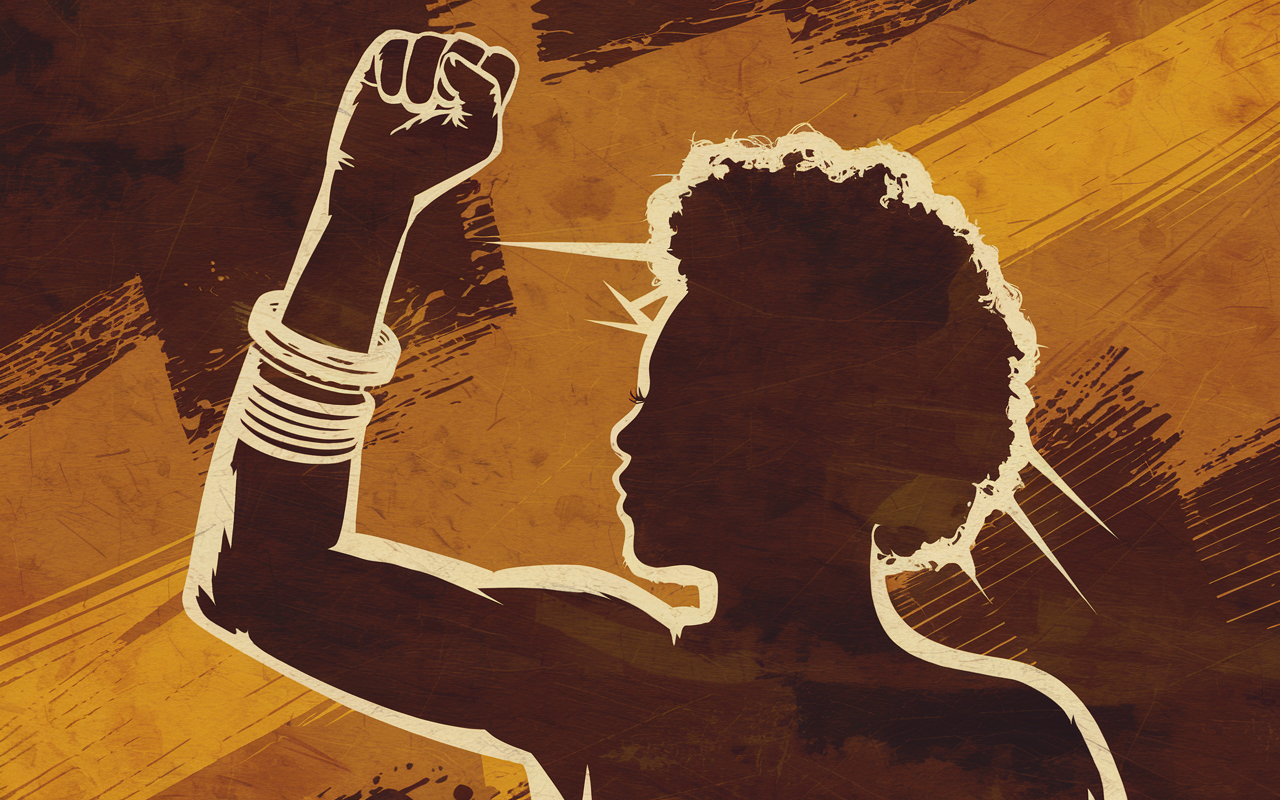
ANCOR
ROUNDTABLE
DISCUSSANT
ANCOR
Have you ever been told by a coworker to calm down during a discussion or urged to change the tone or delivery of your message to make it more palatable for others? Conversely, have you ever wished that a colleague would “stop being so emotional” or taken them aside after a meeting and suggest they change their tone of voice to make others more comfortable? If you answered yes to either of these questions, you have experienced (or perpetuated) tone policing in the workplace.
Tone policing is a conversational tool people in positions of power and privilege (intentionally or unintentionally) use to derail a conversation or argument by distracting from the content of a message and instead focusing on its delivery. As a result, this little-known identity-related aggression is used to silence marginalized groups—particularly women and people of color—thus, creating psychologically unsafe work environments. Considering that women make up a substantial part of our workforce and that recruitment and retention of workers is key to our success, we must realize the need to do better when it comes to creating psychologically safe work environments.
In this FREE webinar and courageous conversation, I️ served as a panelist to share how to identify tone policing in the workplace, its impact on employee psychological safety, how to intervene when you hear others engaging in this form of identity aggression, and practical measures each of us can take to ensure our workplaces are transformed into places of belonging for all those who work with and for us.
THE WORK:
→ Roundtable Discussant
→ Political Education
For more than a half-century, ANCOR has worked to shape policy and share solutions to strengthen the ability of community-based providers to support people with intellectual and developmental disabilities. Their 2,500 members operate in nearly every corner of the country to make inclusion a reality for people of all abilities.
This webinar can be accessed here.


